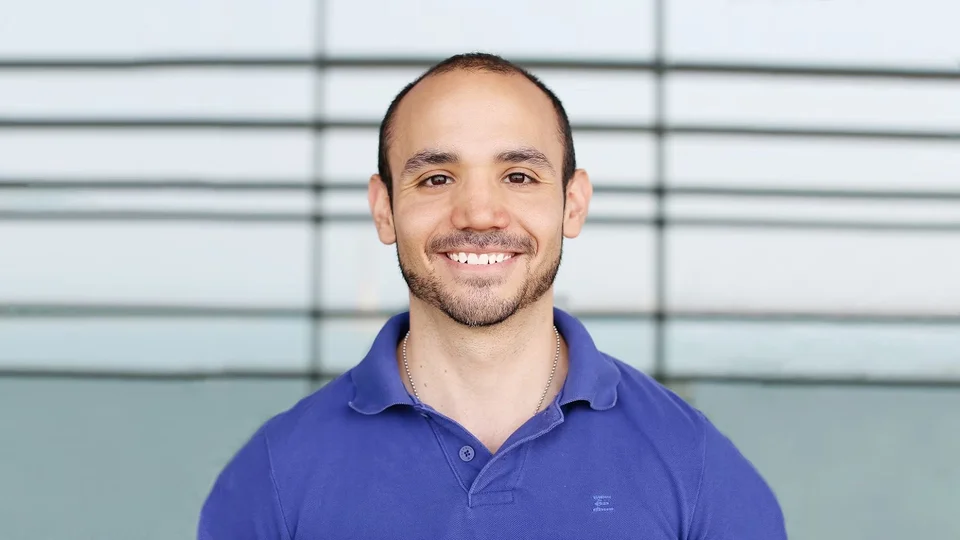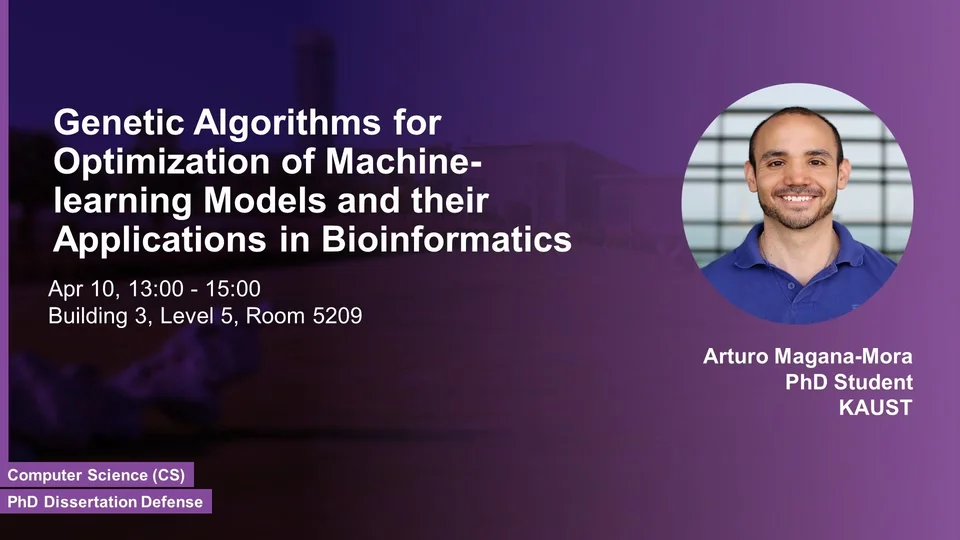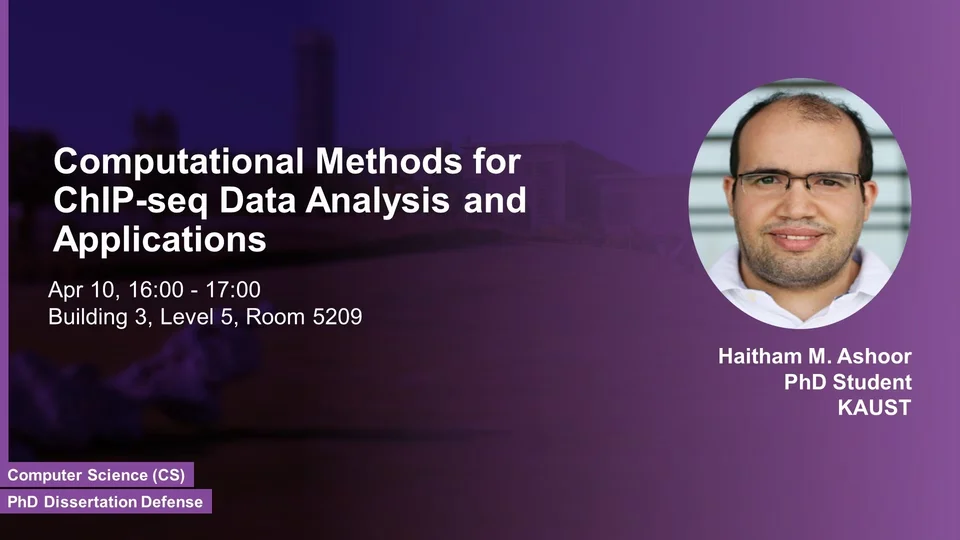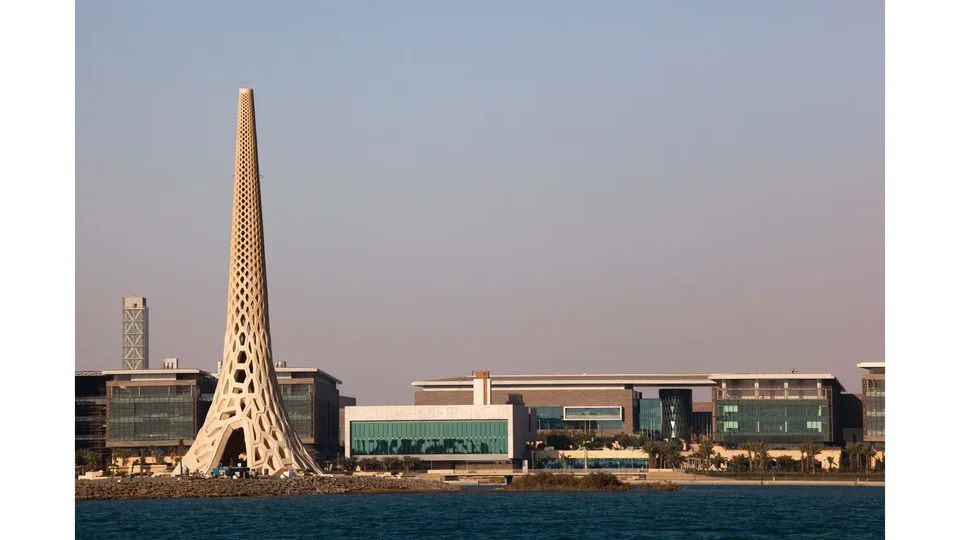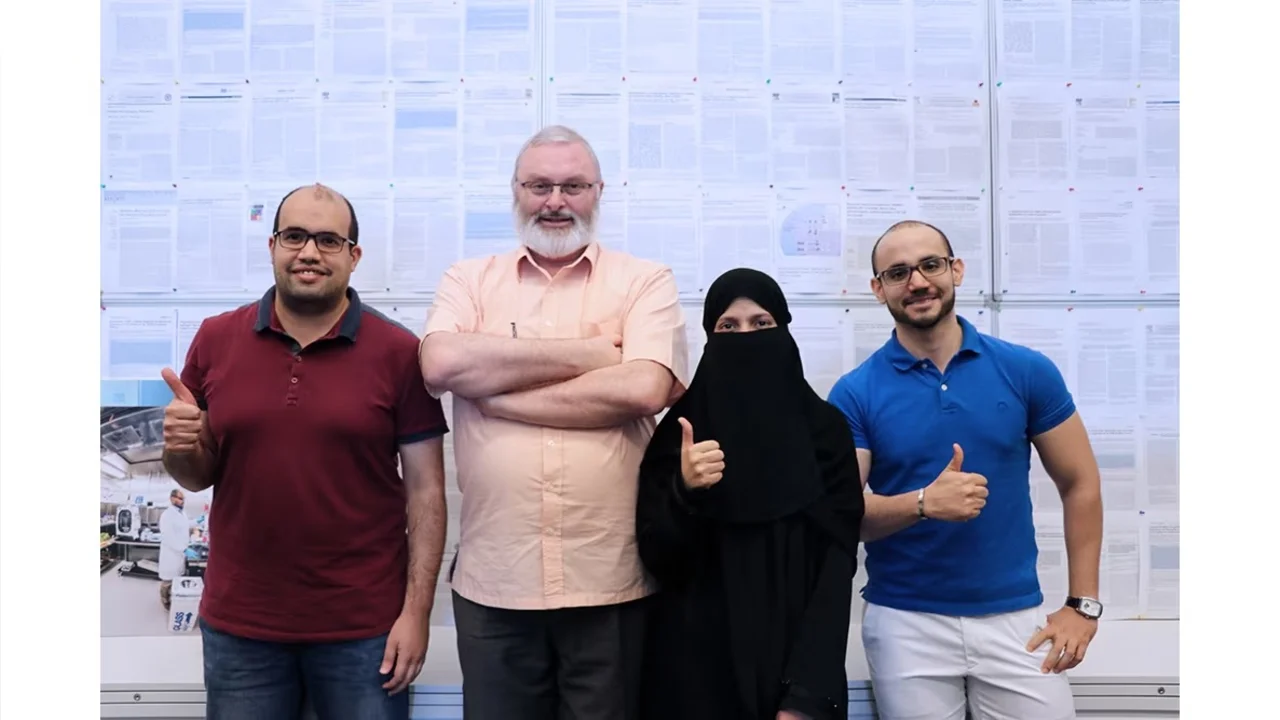
Student life: studying and working at the Computational Bioscience Research Center (KAUST)
For Ph.D. students Arturo Magana Mora, Haitham Ashoor and Olaa Motwalli, April 2017 was a particularly nerve-wracking month. After years of hard work and sleepless nights, they finally defended their thesis, bringing them one step closer to graduation.
About
By Rose Gregorio
For Ph.D. students Arturo Magana Mora, Haitham Ashoor and Olaa Motwalli, April 2017 was a particularly nerve-wracking month. After years of hard work and sleepless nights, they finally defended their thesis, bringing them one step closer to graduation.
While they focused on different research areas, what tied their thesis together was the use of computational methods, machine learning and optimization in analyzing their data. Besides that, there is "Vlad", or Vladimir Bajic, Professor of Applied Mathematics and Computer Science and the Director of the Computational Bioscience Research Center (CBRC) at KAUST. The three students only have glowing praise for their adviser, who not only gave them the freedom to pursue their research interests, guided them through their research and provided them with academic support but also acted as a "father figure" in times of personal crisis. "You were like my dad," Arturo says emotionally at the end of his defense, before thanking Professor Bajic for all his help.
Being from Mexico, Arturo never thought that he would end up studying in Saudi Arabia. But when the opportunity arose, he felt it was the right thing to do for his academic career. He came to KAUST as a founding Master's student in 2009 and continued on to be a Ph.D. student in 2011. He shares that there was a time when he felt that life was becoming too overbearing because of family, health and research issues happening all at once. "I guess I could just say, life happened," he says. But he got through it by leaning on the support of his friends and family, as well as his adviser. "The key to overcoming all those issues was to reduce stress as much as possible and to know that sooner or later these problems will get fixed," he emphasizes. Now that "the hard part" is over, he is excited for the next chapter in his career. "I was offered a postdoctoral fellowship at the renowned National Institute of Advanced Industrial Science and Technology (AIST) in Japan, under Dr. Sachiyo Aburatani's supervision," he says happily.
Haitham also joined KAUST as a founding Master's student. He only has good memories of his time here and shares, "Being at KAUST is a great experience. One of the best experiences of being at KAUST is the multidisciplinary scheme KAUST has, as well as being in a multicultural society." Feeling accomplished and ready to take on the world, he is delighted to be joining the Jackson Laboratory in the U.S.A as an Application Computational Scientist. Asked about any advice he could dispense to incoming Ph.D. students, he says, "Work on projects that you are passionate about and work hard."
Olaa, meanwhile, joined KAUST as a Ph.D. student in 2011, after getting her Master's degree from Widener University in the U.S.A. As a mother of several children with a daughter born during the beginning of her Ph.D. career, she thoughtfully shares that it was "a challenge but doable". Juggling her studies with the demands of a family did require some sacrifice but she feels that her hard work and dedication were key in keeping her focused. Now that she is done with her thesis, she feels that all the pressure has disappeared. "The feeling is indescribable," she says.
